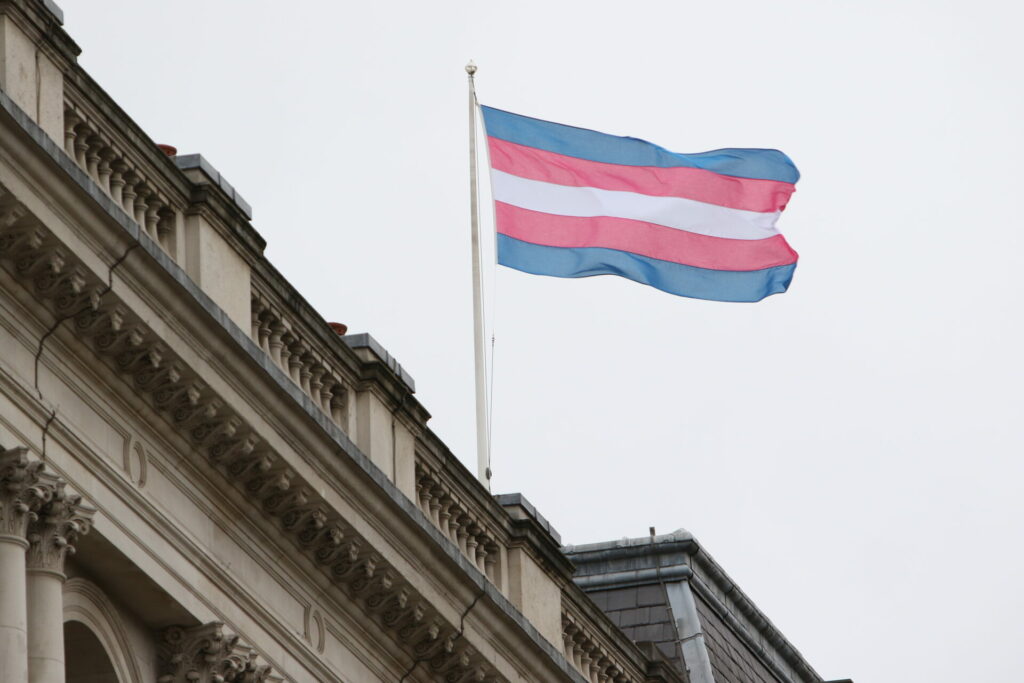Belgium's Federal Government is providing €480,000 to create additional centres for transgender care, aiming to make the right care for transgender people more widely accessible, announced Federal Health Minister Frank Vandenbroucke.
Hospitals wishing to apply to become a centre for transgender care can apply through the National Institute for Health and Disability Insurance (NIHDI) from now on.
"It is important that people who have doubts about their gender receive adequate support," Vandenbroucke said. "Therefore, we are doing two things. We are investing in mental health care and in transgender care. With the additional budget of €480,000 to tackle waiting lists within transgender care, we can expand the number of centres and strengthen the existing ones."
Candidate hospitals have to meet several conditions for their programme to be covered by the government. They should have sufficient rooms specifically for transgender care and a multidisciplinary team (with a coordinating doctor, psychologist for children and adolescents, psychologist-sexologist, case manager, and social worker), among other things.
Waiting lists
The extra centres will also have to improve geographical accessibility, as those struggling with gender dysphoria (a great sense of discomfort with their own biological sex) can now only go to two centres in Belgium for reimbursed transgender care: UZ Gent or UZ Liège. Other hospitals also offer transgender care, but then patients are responsible for the costs.
Due to limited centres for transgender care, waiting times and waiting lists are very long: 1,932 people are currently on the waiting list at UZ Gent's gender team. People with doubts or questions about their gender have to wait an average of 19 months for a first consultation.
Of the 1,932 people on the waiting list at UZ Gent, 26.6% are minors.
In recent years, there has been a large increase in registrations of minors with gender dysphoria in Belgium. Especially for that group, the debate about whether medical treatment is the right approach is highly polarised – particularly the use of puberty blockers, and male and female hormones in children with gender dysphoria is controversial.
Related News
- Nearly 600 Belgians changed their gender on their ID in 2022
- Belgium’s leading trans minister criticises British PM for transphobia
- Russia strengthens laws against transgender people
Puberty blockers stop the production of sex hormones (testosterone or oestrogen), resulting in children not developing any physical puberty characteristics: biological girls then do not get breasts or wider hips and do not menstruate, biological boys will not get a lower voice, beard growth or a larger penis.
These blockers are often presented as giving the child extra time to think about whether they really want to transition, but in reality, almost every child who starts with blockers eventually transitions.
Critics, however, have questioned the safety and reversibility of such hormone treatments. Therefore, European countries such as Finland and Sweden, for example, have become more cautious about treating minors in recent years.

